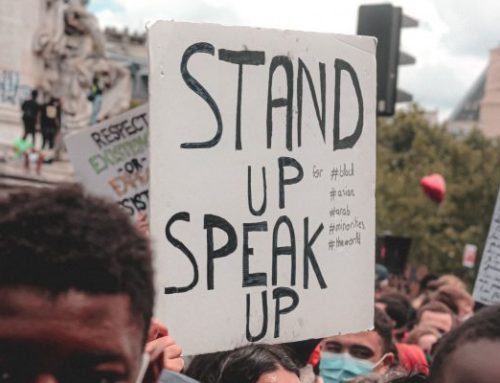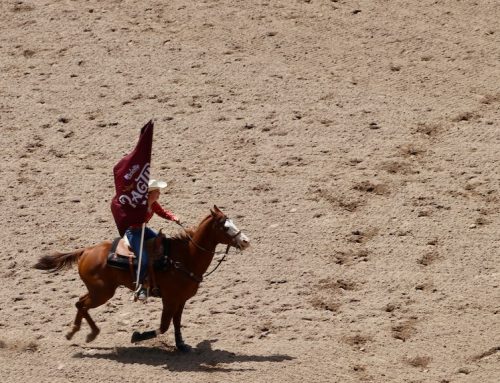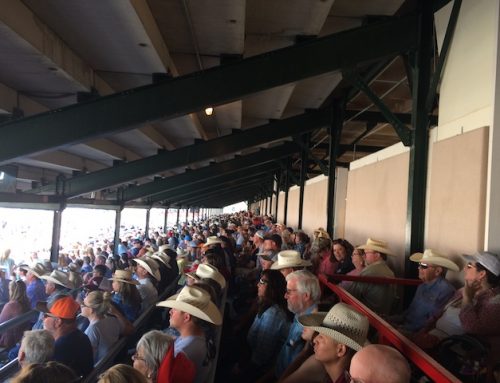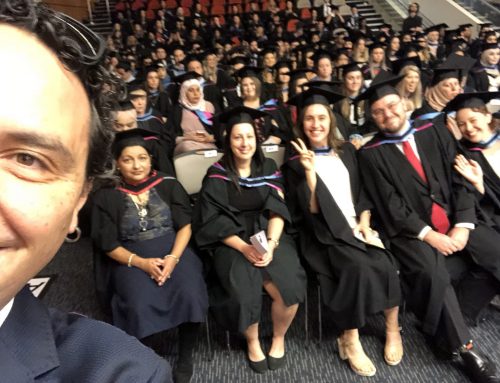I am not a religious person. Although I grew up in a religious family, I eventually found that religion did not provide the answers to the questions I was asking.
For a while, being brash and driven by a sense of arrogance, I pronounced myself an ‘atheist’ and started blaming all the world’s problems on organised religion: from war to domestic violence, intolerance, and even economic failures.
It was while working as the Campaign Director of Aid/Watch that I began changing my mind. Working with organisations from across a number of religions, I found those involved, generous, tolerant, open to doubt and debate, and best of all, containing a sense of humour about their religion that surprised me.
It may seem naive, but I found a surprising complexity and heterogeneity in the various religions.
I came to embrace and respect the religious organisations and individuals I worked with. I never excused the bad behaviour of those who have weaponised religion but came to see religion as fundamental to many.
During this Easter, with war raging in Europe, tensions again exploding in the Middle East, a nation exhausted by climate disasters, an affordability housing crisis for both buyers and renters, it is easy to fall into a sense of despair.
However, no matter what your belief system is, what Easter represents – a sense of rejuvenation – has never been more important. Just as important, I would like to think that we can all play a small part in helping rejuvenate our world with a sense of hope.
In my Ph.D. and in a number of publications, I wrote about the philosophical concept of ‘hope.’ My argument is that ‘hope’ should be thought of as an active verb: it is created when we take positive actions to assist those around us.
As Easter is meant to share messages of hope, I am thinking that we should be hopeful not just in our thoughts but in our actions.
Here are five things I have committed to when it comes to creating hope in my own corner of the world which have the potential to build momentum towards a more positive world.
- Never stop being curious
Curiosity is about the desire to never stop learning. If we had all the answers then we would have solved all the problems. Don’t just be curious about learning from those that you agree with, but also from those you disagree with. It is how we challenge ourselves and continue to gro - Work to make technology more humane
As part of my curiosity, I have become focused on understanding how we can make technology more human. According to EO Wilson, the “fundamental problem of humanity is that we have paleolithic emotions, medieval institutions, and God-like technology.” As Tristan Harris has argued, we need the wisdom to match the power of our God-like technology – but there exists a ‘wisdom gap’ between our sense-making ability and issue complexity. We all use social media and we can learn that we can wield its power with our paleolithic emotions and be caught in our own outrage mechanisms, or purposely avoid such traps - Don’t try and win arguments: try to understand
In my time as an educator, I always attempted to establish learning environments that were both safe and brave. This encouraged students to share their ideas – even if they challenged accepted orthodoxy. The rule was, if you disagree with someone, don’t try to win them over, but try to understand their perspective (not agree but simply understand). If you can have a shared understanding of an issue, you can at least work to find some common ground. - Don’t look away
There are many things that are hard to look at. At the moment, I am finding it hard to read about the Ukrainian Invasion and the consequences of climate change. While avoiding doom scrolling, I attempt to remain up to date with events as well as looking for ways to assist. One person whose work I have committed to reading is Misha Zalinsky – an Australian Fulbright scholar currently reporting from Ukraine. Misha’s work is outstanding, brutal, and honest but also full of hope as he promotes charities that work directly with displaced persons. By not looking away, we can be inspired to take action and assist in creating hope. - Learn before you act
Years ago while writing for a News Ltd publication, I received a message from a reader who said (and I paraphrase): I don’t even read what you write only the reader responses to confirm how much I dislike you. Such an approach means you disagree with something before you even hear it. It’s fine to disagree with someone, but before responding, you at least have to understand what they are saying.
These are not world-changing perspectives. Rather, they are challenges I have set myself in my commitment to a more positive world. I am hopeful that they provide small steps in the revitalisation we are all needing.






Leave A Comment